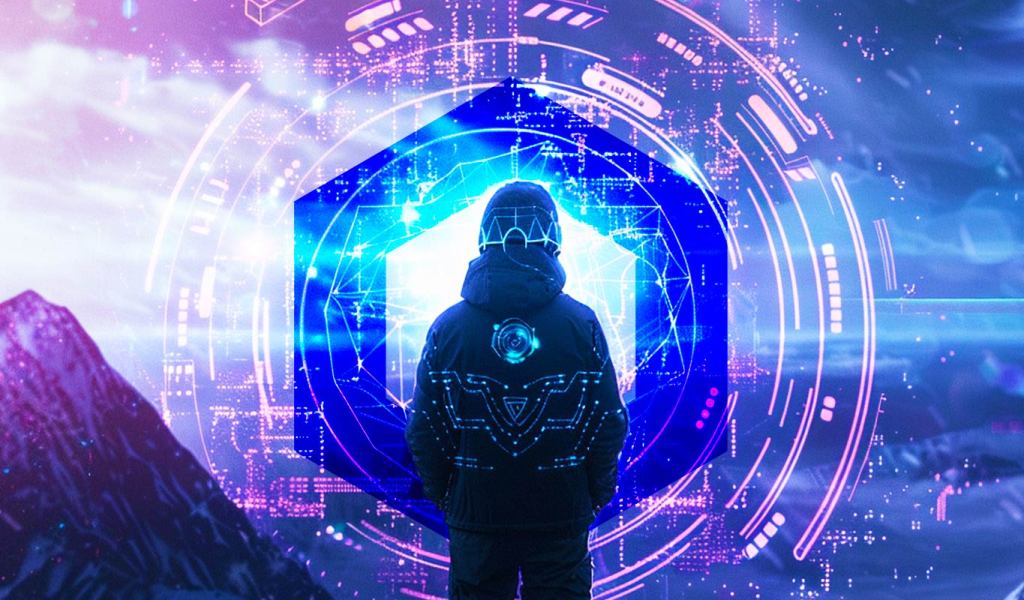
Individuals behind the project said by acquiring the license to the iconic Shiba Inu image, they hoped to “unify the whole Doge community.”
Own The Doge, the decentralized autonomous organization (DAO) associated with the Shiba Inu meme behind the Dogecoin (DOGE) token, announced that it had secured legal rights to the iconic image.
Speaking to Cointelegraph on April 17, Own The Doge project leaders John Monarch and ‘Tridog’ said they had negotiated a deal with Sato Atsuko, the owner of the 18-year-old Shiba Inu Kabosu that became popular for her confused expression while sitting on a couch. The group purchased exclusive licensing and rights for the Doge image, seemingly giving them control over merchandise and other uses for the meme in the crypto space.
“I think [the deal] unlocks a lot for corporations, where there’s confusion around copyright,” said Tridog.










